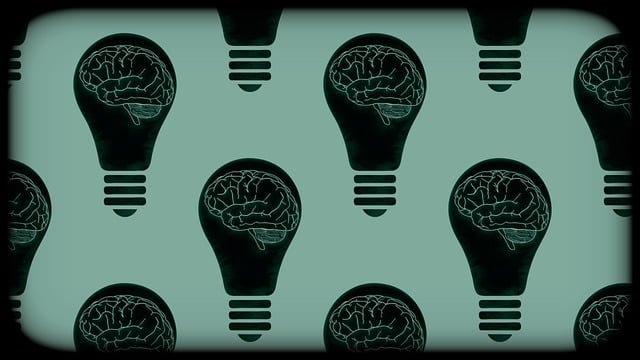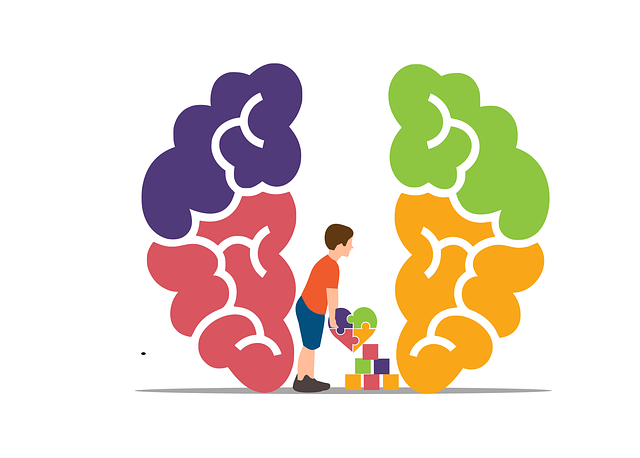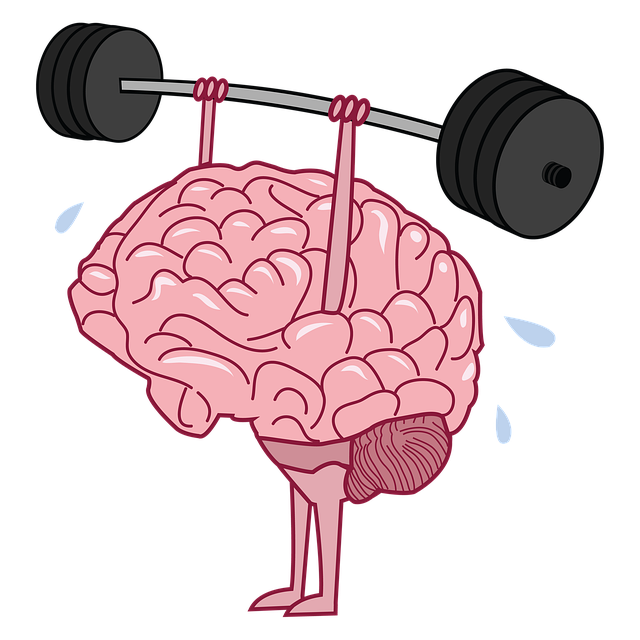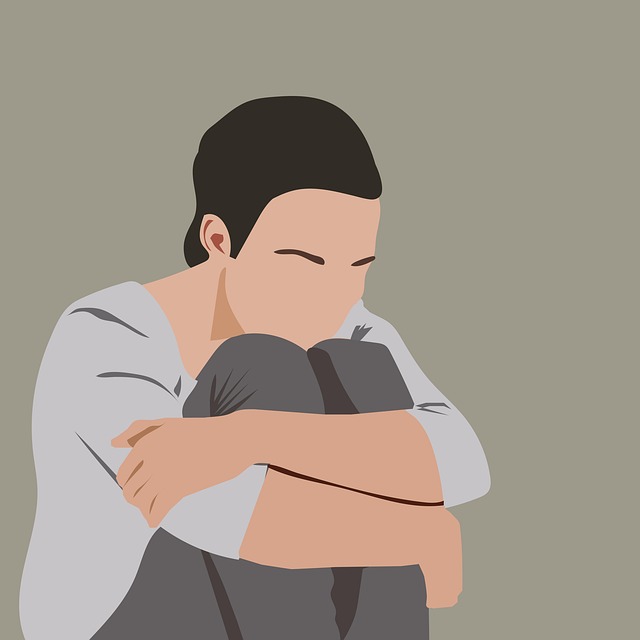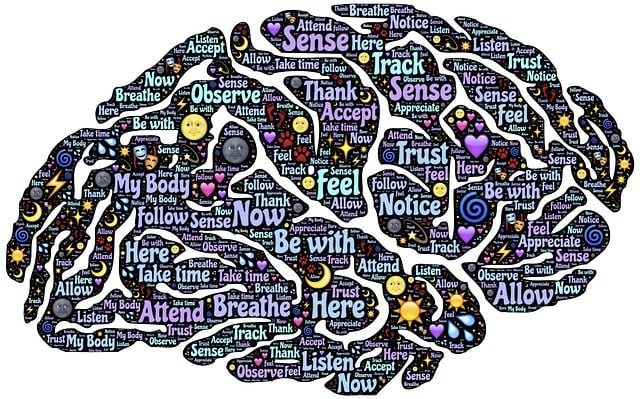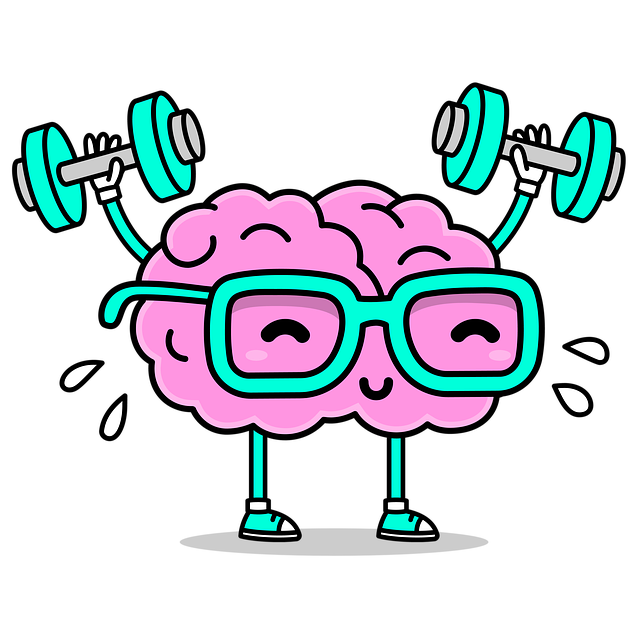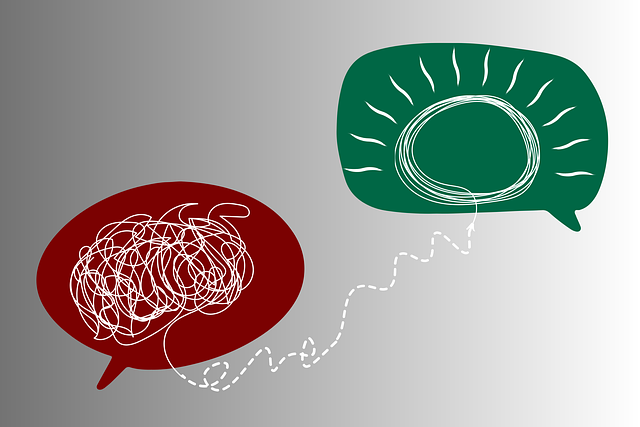Anxiety management is crucial for individuals with bipolar disorder, especially those with severe or superior bipolar disorder therapy needs, as persistent anxiety can significantly impact daily life. Effective strategies include open communication and empathy building, along with evidence-based techniques like cognitive behavioral therapy (CBT) and mindfulness practices. These holistic approaches help individuals distinguish between helpful and harmful stress responses, reduce anxiety symptoms, and enhance overall emotional well-being. Superior Bipolar Disorder Therapy, incorporating CBT, mindfulness, and cultural sensitivity, offers a comprehensive method to address anxiety symptoms and improve quality of life for those with bipolar disorder.
Anxiety is a common yet debilitating condition affecting millions. Understanding its nuances and impact is paramount in managing it effectively. This article guides you through a comprehensive journey, starting with deciphering anxiety’s intricacies and its profound effects on daily life. We explore practical management strategies for everyday coping, offering valuable tools to navigate stress. For severe cases, we delve into advanced techniques, emphasizing a holistic approach, including superior Bipolar Disorder Therapy, providing hope and support for those seeking relief from anxiety’s grasp.
- Understanding Anxiety and Its Impact
- Effective Management Strategies for Daily Coping
- Advanced Techniques for Severe Cases: A Holistic Approach Including Bipolar Disorder Therapy
Understanding Anxiety and Its Impact

Anxiety is a natural response to stress, but when it becomes persistent and overwhelming, it can significantly impact an individual’s daily life. It’s crucial to understand that anxiety isn’t just about feeling nervous; it’s a complex emotion that can manifest physically and mentally, affecting sleep, appetite, and concentration. For those with superior bipolar disorder therapy needs, managing anxiety is often a critical component of their overall treatment plan.
Effective strategies for addressing anxiety include communication approaches that foster understanding and empathy building. By expressing feelings openly and receiving support, individuals can begin to regulate their emotions more effectively. Emotional regulation techniques, such as mindfulness practices and cognitive behavioral therapies, empower people to navigate anxious moments with greater composure. These tools are invaluable in helping one distinguish between helpful and harmful responses to stress, thereby reducing the impact of anxiety over time.
Effective Management Strategies for Daily Coping

Anxiety management is a crucial aspect of maintaining mental wellness, especially for individuals navigating bipolar disorder. Effective strategies can significantly enhance emotional well-being and overall quality of life. One powerful technique involves mindfulness practices such as meditation and deep breathing exercises, which help to calm the mind and reduce symptoms of anxiety. By focusing on the present moment, these practices foster a sense of grounding and stability, essential for managing intense emotions.
Additionally, building empathy within oneself and others can be transformative. Encouraging open conversations about mental health experiences creates a supportive environment. Empathy-building strategies, such as active listening and perspective-taking, promote understanding and compassion. This, in turn, strengthens support networks and enhances the effectiveness of superior bipolar disorder therapy, contributing to a holistic approach to anxiety management and emotional well-being promotion techniques.
Advanced Techniques for Severe Cases: A Holistic Approach Including Bipolar Disorder Therapy

For individuals struggling with severe anxiety, especially those diagnosed with bipolar disorder, a holistic approach to treatment is essential. Beyond traditional therapy methods, there’s a growing emphasis on superior bipolar disorder therapy that incorporates diverse strategies. This comprehensive care involves addressing not just symptoms but also underlying factors contributing to anxiety. By integrating techniques such as cognitive-behavioral therapy (CBT), mindfulness practices, and emotional regulation skills, mental health professionals aim to enhance resilience building and promote emotional well-being.
Cultural sensitivity in mental healthcare practice plays a pivotal role in this holistic framework. Recognizing and respecting individual cultural contexts ensures tailored interventions that resonate with clients. This personalized approach not only improves treatment adherence but also fosters deeper connections between therapists and patients. By combining these advanced techniques with a focus on cultural sensitivity and resilience building, individuals facing severe anxiety can find effective paths to managing their symptoms and improving their overall quality of life.
Anxiety management is a multifaceted journey, and with the right tools, individuals can effectively navigate through even the most challenging situations. By understanding anxiety’s impact and employing daily coping strategies, one can significantly improve their overall well-being. For severe cases, a holistic approach that incorporates advanced techniques, such as Superior Bipolar Disorder Therapy, offers transformative results. This comprehensive guide provides valuable insights into managing anxiety, ensuring readers are equipped to embrace a calmer and more balanced life.
